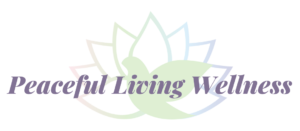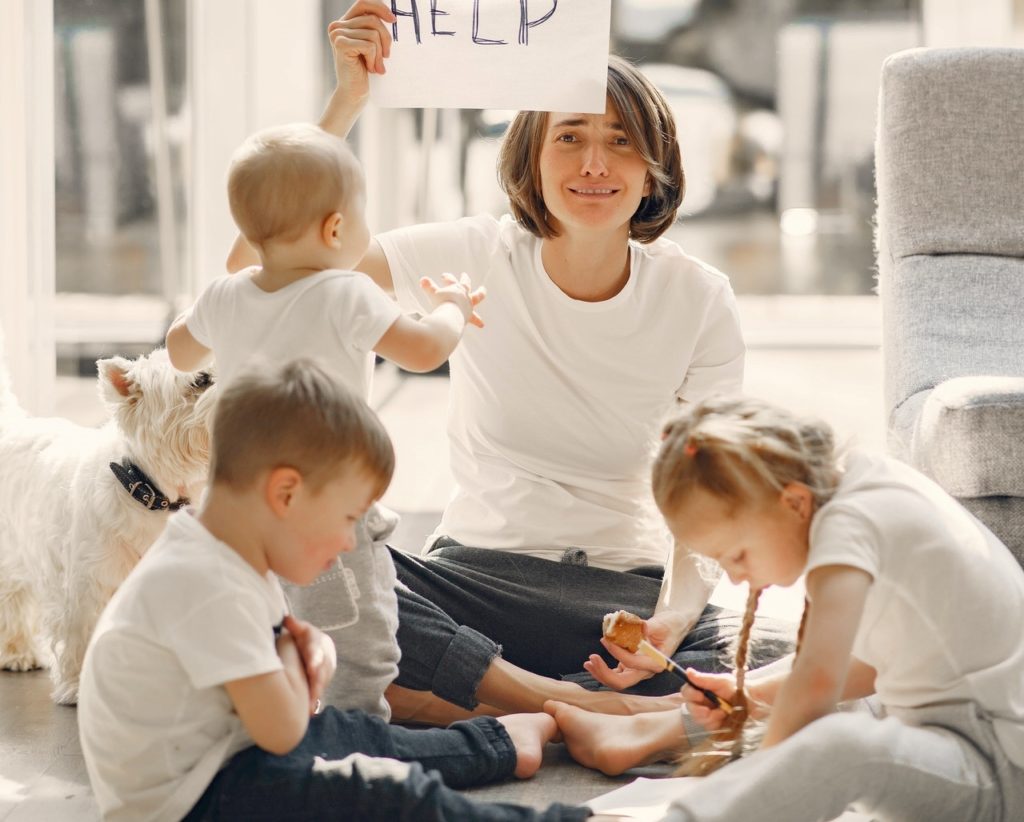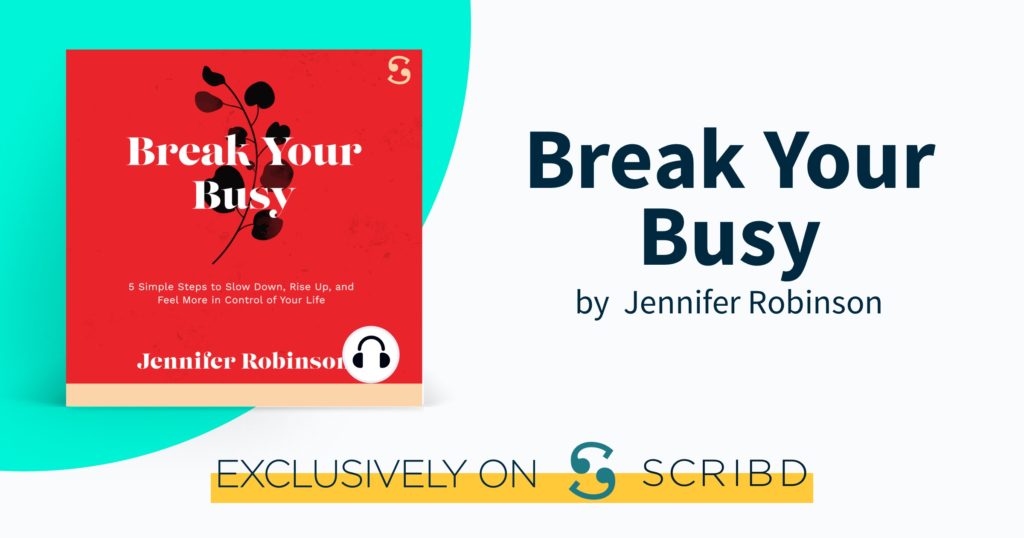When someone asks you, “how are you?” Is your go-to answer, “busy?”
“Busy,” has become a standard answer to inquiries about our well-being these days. And honestly, it’s not healthy! First off, being busy is not a feeling. Being busy is not an emotion. And while it is definitely a way of living, if we continue to live “busy,” we’re going to continue to live in a state of deteriorating emotional and physical health.

Stuck in the cycle of busy hoping that one day there will be time for your and what you want?
You are not alone. PEACEFUL LIVING COACHING is here to support you!
“Oh really?” you might be asking, “I think I’m doing just fine!”
This is one of many standard responses I receive when working with clients who are addicted to being busy or giving talks about the dangers of living a busy-addicted lifestyle. Here are some others:
I’m more productive when I’m busy.
I feel more energized when I’m busy.
There’s no possible way I can find more time to relax; I have too many responsibilities.
If I’m not busy, people will think I’m lazy!
That last one always makes my heart hurt a little bit. Because truly, it’s the real reason most of us live on the hamster wheel of being busy. Someone along the way impressed upon us that being busy is a way to show the world that you are a worthy person. Lazy = unproductive = unworthy. Busy = productive = worthy.
Maybe it was your parents who would scold you as a child or teenager for, “laying around and not getting your chores done.” Perhaps you encountered teachers who would say condescendingly, “you’re just not working hard enough,” or “kids these days don’t know the meaning of working hard to earn good grades.” Your addiction to being busy could even be coming from your own internal sense of competing with your peers: The Super-Moms who seem to be raising multiple children, climbing the corporate ladder and looking amazing while doing it; or your colleagues who come into work early, leave late and work on weekends.
Your motivation to be busy most likely comes from all of the above.
Then, if we combine all of those In Real Life examples of the pressure to be busy with the curated, artificial images we are inundated with on television, in the movies, in magazines and, of course, on the ubiquitous and ever growing social media platforms, we are overloaded with pressure to do more and more!
WHY THIS IS HARMFUL TO YOUR PHYSICAL HEALTH
Since 2010, In its annual report on Stress in America, the American Psychological Association (APA) reported that, “being too busy [is] a primary barrier to [people] managing their stress.” When we combine this finding with what we know about the ill effects of unmanaged stress on our physical health the picture of how being addicted to being busy is harmful to us comes clearly into focus.
Unmanaged stress can lead to physical illnesses such as heart disease, stroke, cancer, organ damage and even gum disease. The toll on your body of stress-induced chronic and acute diseases is grave and needs to be taken seriously.
Now, you may be thinking, “I don’t have any of those physical health problems.”
That very well may be true – for now. But, according to a 2017 study neuroscientists found that the long term effects of stress on the body are highly detrimental. In fact, not only does stress affect the body in the ways mentioned above, but it has also been shown to cause structural changes in the brain including brain atrophy.
In other words, if you continue to feed your addiction to being busy, you will continue to put your body through detrimental levels of stress, which will in turn lead to long term physical health problems and even death.
Are you sure you want to continue being so busy?
THE EMOTIONAL HEALTH CONNECTION
The high levels of stress that come from living in an overly busy state, also have a seriously detrimental effect on your emotional health. The links between stress, depression, anxiety and other mental health conditions have been cited by research since the 1960s.
And yet, an overwhelming number of Americans – especially American women – continue to increase the number of tasks they take on in their lives!
Even low amounts of stress can cause a lack of emotional control. According to a 2013 study published in the Proceedings of the National Academies of Sciences, even a mild amount of stress, “markedly impairs the cognitive regulation of emotion…” What this means is that humans are not able to use their brains to regulate their emotions even when they are under a low amount of stress.
Think about the videos you see on TikTok and YouTube of people losing their minds at other people over seemingly innocuous irritants. Is this a normal regulation of emotion?
Now look at your own feelings and actions. Do you tend to snap at your husband or partner and children? Do you yell at people while you’re driving (even if they can’t hear you).
This is an effect of stress on your brain and your ability to regulate your emotions.
Do you truly want your interactions with the people around you to be fraught with tension? Or would you rather learn how to slow down, reduce stress and feel more at peace with your life?
WHY YOUR BUSY, STRESSED OUT LIFE IS HARMING YOUR KIDS
We need to face reality. When we are running from task-to-task, even when those things are for our kids, we are not being present for our kids!
Before I became a mother I would always say to myself, “I will not overschedule my kids. I will spend quality time with them and not just taxi them from one activity to another.”
And yet, when my children were in elementary school, I found myself in just that situation: I was teaching at a university, commuting 90-minutes each way, and then acting as their activity taxi after work. Between baseball, karate, gymnastics and Girl Scouts we had an activity 4 out of 5 nights a week and then on weekends too!
I was also exhausted, overwhelmed, and struggling with the beginnings of two stress-related disorders I knew very well from my days in graduate school – depression and anxiety.
How did I go from my pre-children mindset of, “I’m not going to overschedule my children” to that busy, busy lifestyle? I can boil it down to three things:
One, I felt guilty that my kids had to go to an afterschool program 4 days-a-week, while many of their friends had parents who picked them up from school and did fun things with them.
Two, I felt unnecessary peer-pressure to make sure that my kids were involved in all of the activities their friends were involved in.
Three: I was struggling with my life-long feelings of inadequacy and somewhat unconsciously trying to prove a point to myself, my parents, my husband and all sorts of people from my past, that I could be successful in my career and as a parent.
I came to a point in which I had to ask myself, “Jen, how’s that working for you?”
And the answer was, “it’s not! Not at all!”
Going back to the APA’s Key Findings on Stress 91% of children report that they know their parents are stressed! Yikes! Our kids report that they see us yelling, arguing and complaining. These kids also say that when they see this, they feel sad, worried and frustrated.
By being addicted to busy and being stressed, not only are we exemplifying a very unhealthy way to live for our kids, but we are also causing them to feel stress-related emotions.
In other words, we are both directly affecting their emotional and physical health, but we are also teaching them how to live in a way in which they will have chronic emotional and physical health problems!
AND THEN THERE WAS A PANDEMIC
Fast forward from the 2010 findings of the APA on Stress in America to the 2020 Report: The 2020 report finds that, “Americans have been profoundly affected by the Covid-19 Pandemic. From the devastating loss of life, to the political and social divides over pandemic related prevention behaviors and public policy, to the disruption to our everyday lives, the currently ongoing stress of the pandemic will have deleterious effects on our emotional and physical health for many years to come.
Furthermore, the APA’s report also cites that Americans are still suffering from the external factors in life, listed in previous years’ reports, as significant sources of stress.
Being too busy, and the sense of overwhelm and exhaustion that comes from it, is at the top of the list of external factors of stress!
The APA warns us that: We are facing a national mental health crisis that could yield serious health and social consequences for years to come.
If you were not convinced before that it is time to break your addiction to being busy, I hope the alarm sounded by the APA will motivate you to break your busy addiction!
WHERE TO FIND OUT MORE INFORMATION ABOUT HOW TO BREAK YOUR ADDICTION TO BEING BUSY
Sign-Up for the Peaceful Living Coaching Mini-Course, BREAKING BUSY: 5 SIMPLE STEPS TO SLOW DOWN, RISE-UP AND FEEL MORE IN CONTROL OF YOUR LIFE
Join the Peaceful Living Coaching BUSY MOMS SUPPORT TRIBE my FREE Facebook group!
Reach-out to schedule a FREE consultation for individual or group Peaceful Living Coaching: SCHEDULE HERE
I care about your emotional and physical wellbeing! That’s why I quit my academic career and became a coach – so I could not only break my addiction to busy, but help you break yours too!
Love,
Jen!
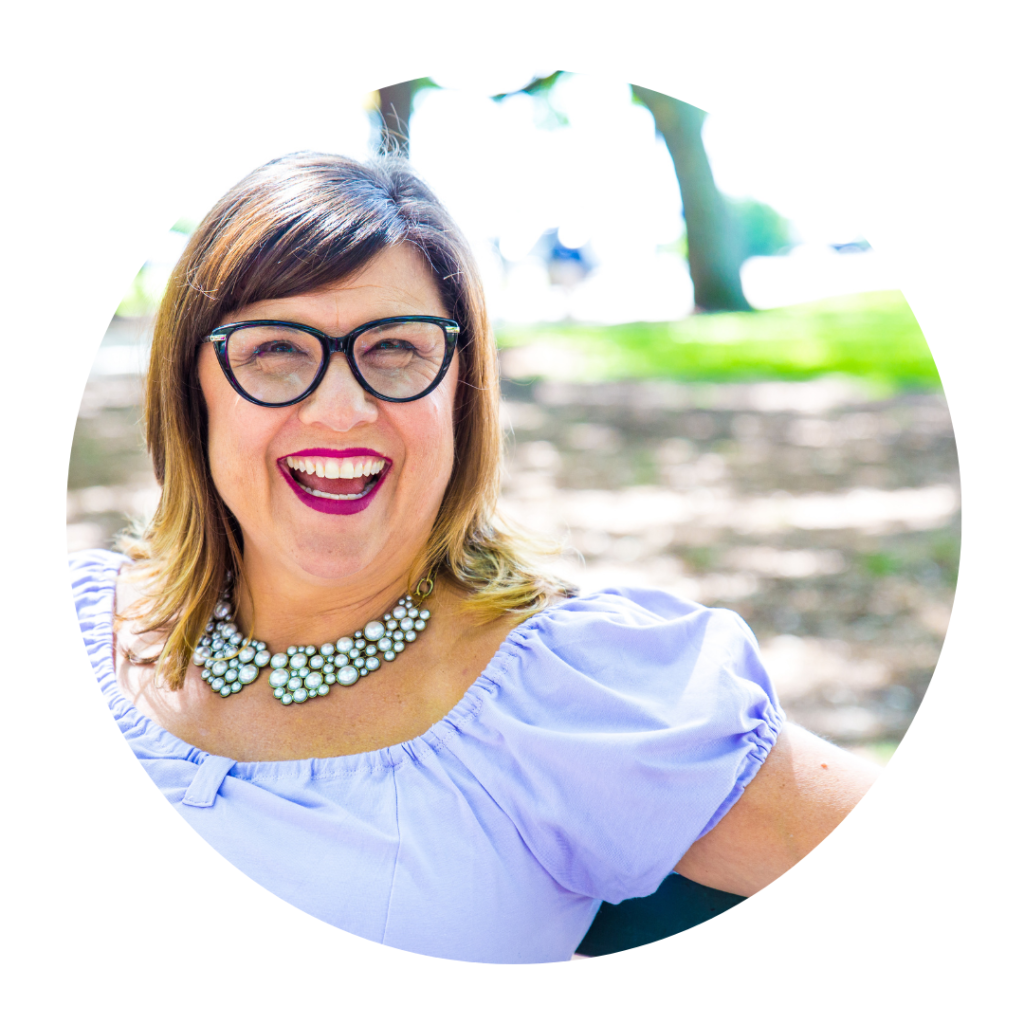
JEN ROBINSON
Jen Robinson is the creative force behind the wellness brand Peaceful Living Wellness which is dedicated to providing a wide-variety of high-quality wellness information. Jen is also the creator of the Peaceful Living Wellness life coaching division, and offers workshops, individual and group coaching as well as retreats where she guides women in using Mindfulness and Mindset to build their inner strength on a foundation of inner peace. Jen also is the co-creator of the business coaching brand CEO Mindset that guides entrepreneurs in building their businesses without burning out.
The latest addition to her repertoire is that she recently signed-on as the Wellness Director for the business development company Wealthy Women Entrepreneurs . She is very excited to be leading this group of dynamic women entrepreneurs into success in their businesses and lives!
The most important part of Jen’s life are her two very active teenagers, AJ & Layna!
Jen’s Mindfulness and Mindset techniques inform her business, her parenting and her life!
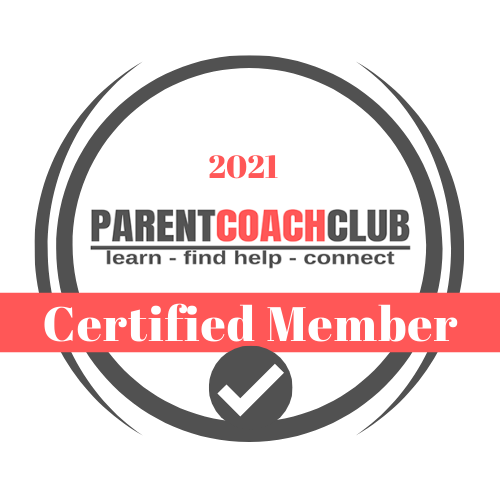
FACEBOOK
FACEBOOK GROUP
INSTAGRAM
PINTEREST
